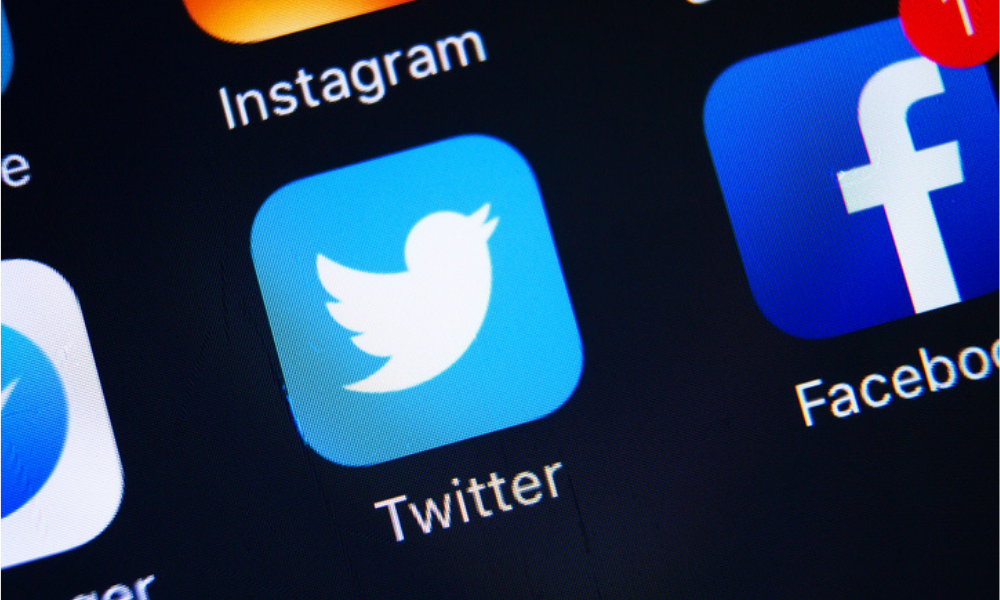
The Elon Musk shakeup has begun

We didn’t have to wait long to learn what changes would happen at Twitter now that Elon Musk has purchased the social media giant.
Kayvon Beykpour, head of Twitter’s consumer division, and revenue product lead Bruce Falck are leaving the San Francisco-based company, Reuters reported.
CEO Parag Agrawal informed employees in a memo on Thursday. Musk told banks in raising money for the deal he would cut executive and board pay, as well as push the company to lower other costs, Reuters previously reported.
In a series of tweets, Beykpour said it wasn’t his decision to leave Twitter. He apparently shared the news of his departure while on paternity leave.
The truth is that this isn’t how and when I imagined leaving Twitter, and this wasn’t my decision. Parag asked me to leave after letting me know that he wants to take the team in a different direction.
— Kayvon Beykpour (@kayvz) May 12, 2022
Meanwhile, Falck didn’t address the circumstances surrounding his departure, but did thank his colleagues in another series of tweets.
I wanted to take a moment to thank all the teams and partners I’ve been lucky enough to work with during the past 5 years. Building and running these businesses is a team sport
— bruce.falck() 🦗 (@boo) May 12, 2022
Agrawal also said in the memo that the company would pause most hiring and review all existing job offers to determine whether any “should be pulled back.”
Read more: Hubspot chief people officer: How HR should manage leadership transitions
Last month, Musk, the world's richest person according to Forbes, purchased the company for roughly $44 billion. The Tesla and SpaceX CEO negotiated to buy Twitter in a personal capacity and his other companies aren’t involved in the deal. Upon completion of the transaction, the social media platform will become a privately held company. It’s expected to take three to six months for the deal to close, the New York Times reported.
Following the announcement, Agrawal held a company-wide town hall meeting, saying there were no plans for layoffs “at this time.” It’s been six years since Twitter made significant cuts to its staff, eliminating 350 positions primarily in the sales and marketing departments, according to CNN.
Some Twitter employees, like Edward Perez, a director of product management, have aired their concerns on the social media platform.
I can’t speak for all @Twitter employees; I can only speak for myself: It's a time of genuine discomfort & uncertainty.
— Edward Perez (@eddie1perez) April 25, 2022
Most of us believe deeply that Twitter is much more than a tech platform; we have a deep responsibility to society. I hope our new owner gets that. https://t.co/DY1nBEG4Dt
Others have taken to Blind, an anonymous professional social network with more than five million users. Professionals predominantly in the technology and finance industries turn to the free app to seek career advice and workplace insights, such as compensation figures, company culture, interview advice and sometimes even gut checks for their personal lives.
“Pretty stressed tbh. I feel like going from public -> private is opposite of what you want from a comp perspective. If comp is negatively affected, then we’ll lose a lot of great talent and any incentive for working at Twitter will be gone. Also, having a billionaire running a private social media company with the amount of influence Twitter has is a terrible idea whether or not you agree with their ideology,” one anonymous employee posted.
“I am pretty depressed. I think layoffs are inevitable, plus being a private company means we won't have RSU refreshers,” another anonymous employee posted.
In an exclusive Q&A with HRD America, Katie Burke, the chief people officer of HubSpot, addressed how HR should handle a leadership transition.
“The foremost challenge an HR leader faces amidst leadership change is attrition,” Burke said. It’s possible they learned about the situation only days or hours before the public, but it’s their job to steer the ship and create clarity amidst chaos. Once employees hear of a buyout, panic sets in. They think: 'Is my job safe?' 'How does this impact my equity?' 'What does this mean for my current project?' It’s the HR leader’s first priority to collect, distill and disseminate need-to-know information to employees clearly, while avoiding speculation.”
“Beyond company-wide correspondence, HR leaders have to arm managers with talking points to help them create productive spaces for conversations at the team level,” Burke added. “Continuing to work and pretending the situation doesn’t exist doesn’t exactly inspire confidence. Managers need the tools and resources to proactively address the elephant in the room.”